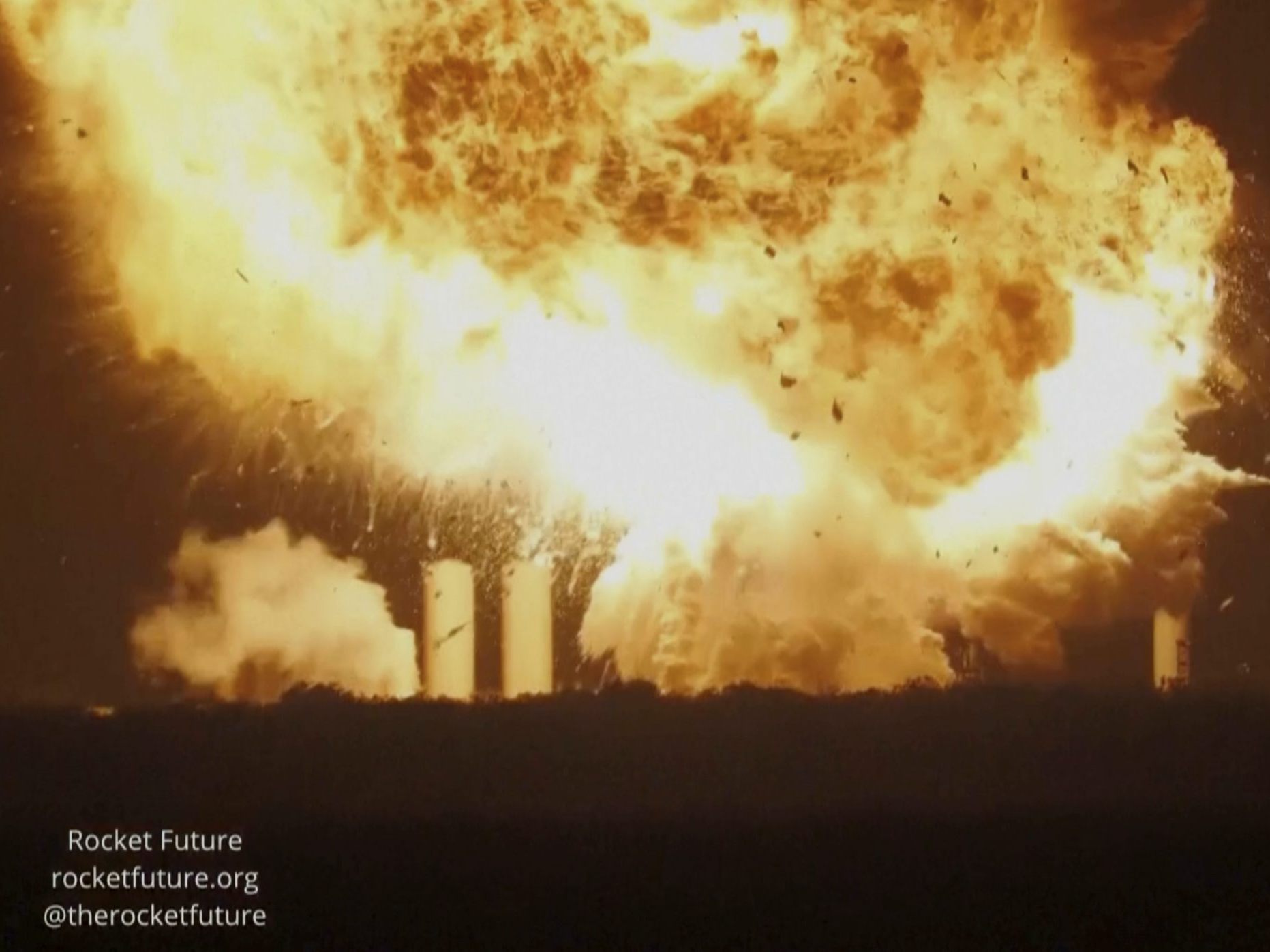SpaceX Rocket Explodes During Refueling – This Was the Cause

A loud fireball in Texas once again hampers SpaceX's Mars plans. The previously planned tenth test flight of the Starship prototype was abruptly halted when Ship 36 exploded during a routine static test on the night of June 19. Engineers were loading cryogenic fuel into the tanks when a sudden pressure disturbance in the rocket's nose area triggered a massive explosion. The entire rocket was destroyed, and the test stand was severely damaged. Employees were able to get to safety in time – no one was injured.
Technical Defect as Suspected Cause
After initial investigations, SpaceX assumes that a so-called Composite-Overwrapped-Pressure-Vessel (COPV) in the rocket's nose area failed. This is a lightweight high-pressure container used for storing gases like nitrogen. A leak or material defect could have caused the sudden pressure increase. COPVs have been considered a potential weak point in space travel for years – previous missions have also suffered from similar problems.
Multiple Setbacks in the Current Year
The explosion of Ship 36 is not the first incident this year: Already in January, Starship Flight 7 failed shortly after launch, in March there was a communication loss with Flight 8, and in May Flight 9 failed during re-entry. SpaceX follows a "test-and-learn" strategy, where failures are accepted as part of the development process.
Delays in Schedule and Consequences for NASA Projects
With the explosion, there is a threat of further delay for the tenth flight test, whose approval is still pending. The US Federal Aviation Administration (FAA) had only recently completed an investigation into a previous incident. Now another procedure is likely necessary. Additionally, SpaceX is under pressure because the Starship is supposed to play a central role in NASA missions to return to the Moon – originally planned for 2027.
Setbacks as Part of the Development Philosophy
Despite the renewed explosion, SpaceX remains committed to its strategy of developing at a high pace and learning from mistakes. Company founder Elon Musk had early on emphasized that not every test has to be a success. Nevertheless, the challenges are increasing – both technically and in terms of regulatory requirements and environmental aspects, which have already sparked criticism in previous explosions.
This article has been automatically translated, read the original article here.





